Lainey Wilson × Ford Truck Month 2026
Lainey Wilson is back for another Ford Truck Month celebration! And she's bringing a brand new song to this partnership, along with a git-up-and-go...
3 min read
George Howard October 13, 2016
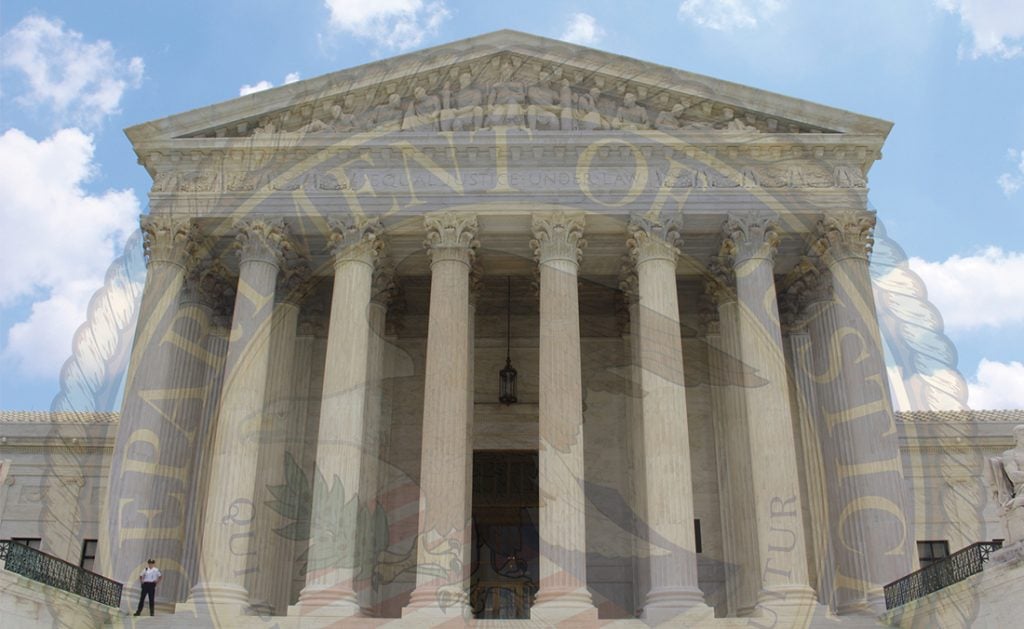
If the recent rulings around Consent Decrees are left to stand, anyone with fractional ownership of a song can license it to advertisers and others.
At MAX, much of our business involves helping artists get their music heard in a way that aligns an artist’s values with those of a brand partner.
Often this manifests itself through utilizing our platform and technology to garner the artist vastly more radio play, streams, YouTube views, etc. than they might have otherwise accomplished on their own.
Given all this, we strive to educate artists on the fundamental elements of the copyrights related to their works, with specific regards to their exclusive right of public performance.
For a primer on Public Performance Rights, please review my prior pieces on this topic:
As the sale of recorded music declines so, too, does revenue to artists. However, listenership via streaming - and thus, public performances - is rapidly increasing. Artists must therefore understand their Public Performance Rights deeply and clearly; your very existence as an artist is largely dependent upon it.
The ever-increasing significance of public performance has given rise to quite a lot of activity in the public performance space. First a bit of background:
Two dominant clearinghouse organizations currently represent songwriters with respect to their public performance:
These clearinghouse organizations - called PROs (Performance Rights Organizations) - have been governed since 1941 by a so-called “Consent Decree,” which essentially sets the rules and standards by which they operate.
Recently, however, the U.S. Department of Justice investigated the governing Consent Decree and made rulings that - if left to stand - could severely harm songwriters. Essentially, the Justice Department mandated something called 100% licensing.
Under this mandate, if a song has multiple writers (as many do), any single writer - regardless of the percentage of ownership of the song (even if it’s 1%) - could license that song on behalf of all the songwriters.
While this may seem insignificant, think through how it could play out. For instance, if you co-write a song but only have a small interest - let’s say 5% - you could now license the song at whatever terms you desire to any of the myriad entities who want to use the work without consulting whoever owns the rights to remaining 95%.
Conversely, if you own 99% of a song, whoever holds the remaining rights could theoretically agree to include the work in an advertisement without your consent.
As stated above, most songwriters do not directly license their public performance to entities, but rather rely on PROs to handle this on their behalf.
This means that a PRO that controls even a fraction of a song on behalf of a single songwriter could effectively set the price of that song for all other songwriters; thereby not only taking control out of the hands of those with a more dominant interest, but potentially money as well.
The streaming services would obviously benefit from this, as they could attempt to find a PRO who represents any one writer with even a tiny interest in the song, and then negotiate the license with that party (who, likely, would offer the license at a rate more favorable to the streaming service than those with a higher interest, and thus more negotiating power, etc.).
Fortunately, songwriters recognized this peril and have - at least temporarily - blocked this practice of 100% licensing. As the New York Time recently reported:
Ms. Lewis and Songwriters of North America, an advocacy group she helped found a year ago, sued the Justice Department, saying that the agency overstepped its authority and that its ruling violated the property rights of songwriters by potentially nullifying private contracts between writers who have worked on the same song. The suit is the latest step in an extensive campaign by the music industry to fight the ruling, but it is the first organized response by songwriters.
For more information about this group, you can visit its site.
For now, it appears that the issue will be held at bay until a dispositive decision is reached.
Regardless, technological innovations have clearly highlighted an increased need for licensing efficiencies, pushing us into unchartered and challenging territories with respect to rights.
But just as tech advances create challenges, they also create opportunities. For instance, Blockchain Technology could allow for rightsholders to better control and maximize their rights - something I wrote about at length for Forbes.
In brief, Blockchain Technology could allow for direct transactions between all rightsholders of a work, and those who desire to license it. Additionally, Blockchain “smart contracts” would allow rightsholders to agree on certain terms around licensing that would have to be met prior to any transaction.
We at MAX believe songwriters must have a voice in the conversation regarding the use of their work. Please take the time to understand your rights and get involved. Leave comments / questions below, and, if there’s interest, we can put on a webinar to discuss these issues further and answer any specific questions.
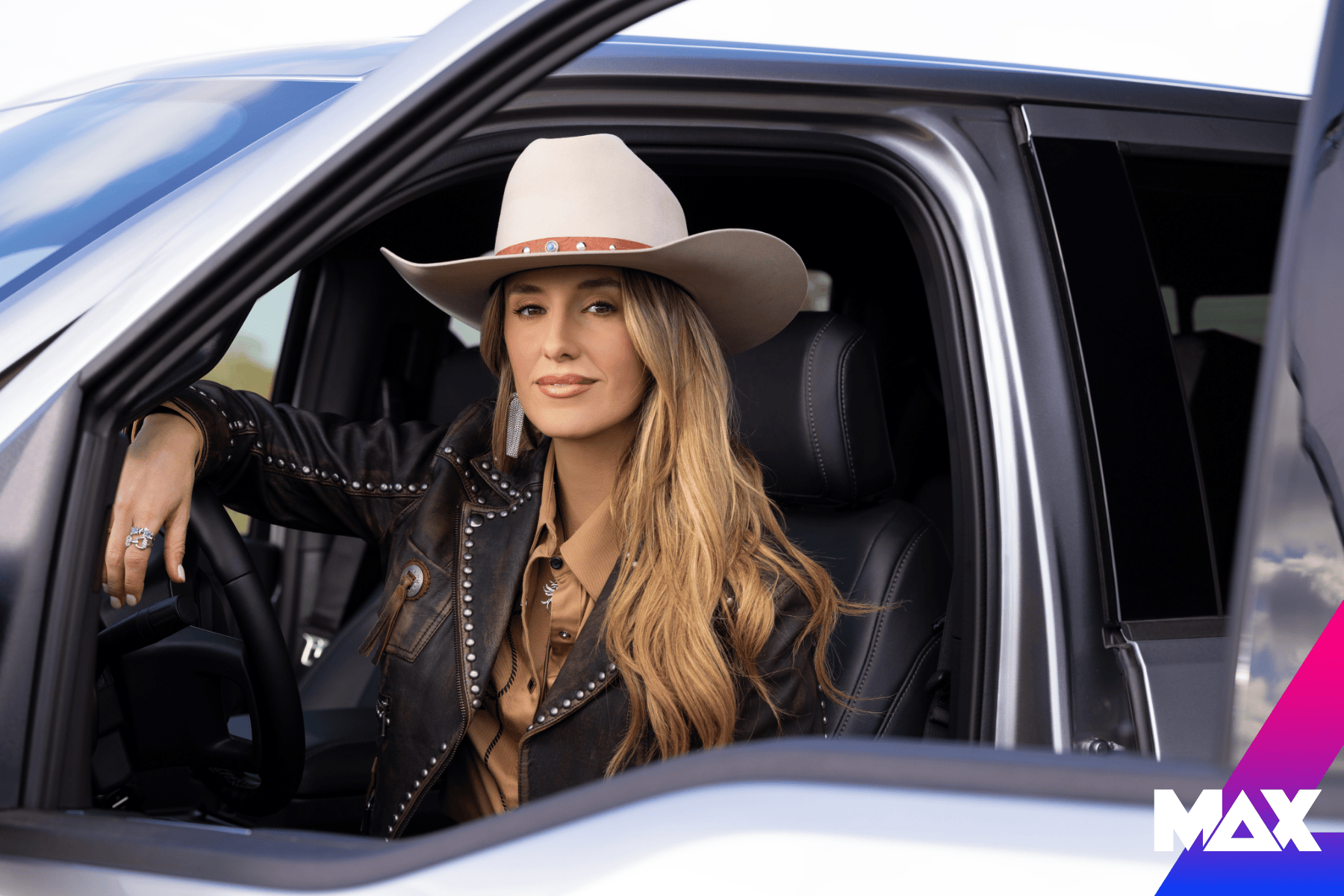
Lainey Wilson is back for another Ford Truck Month celebration! And she's bringing a brand new song to this partnership, along with a git-up-and-go...

Our latest Ford Truck Month campaign is here! Latin music star Carolina Ross joins the Música Ford family to drive affinity and consideration for the...
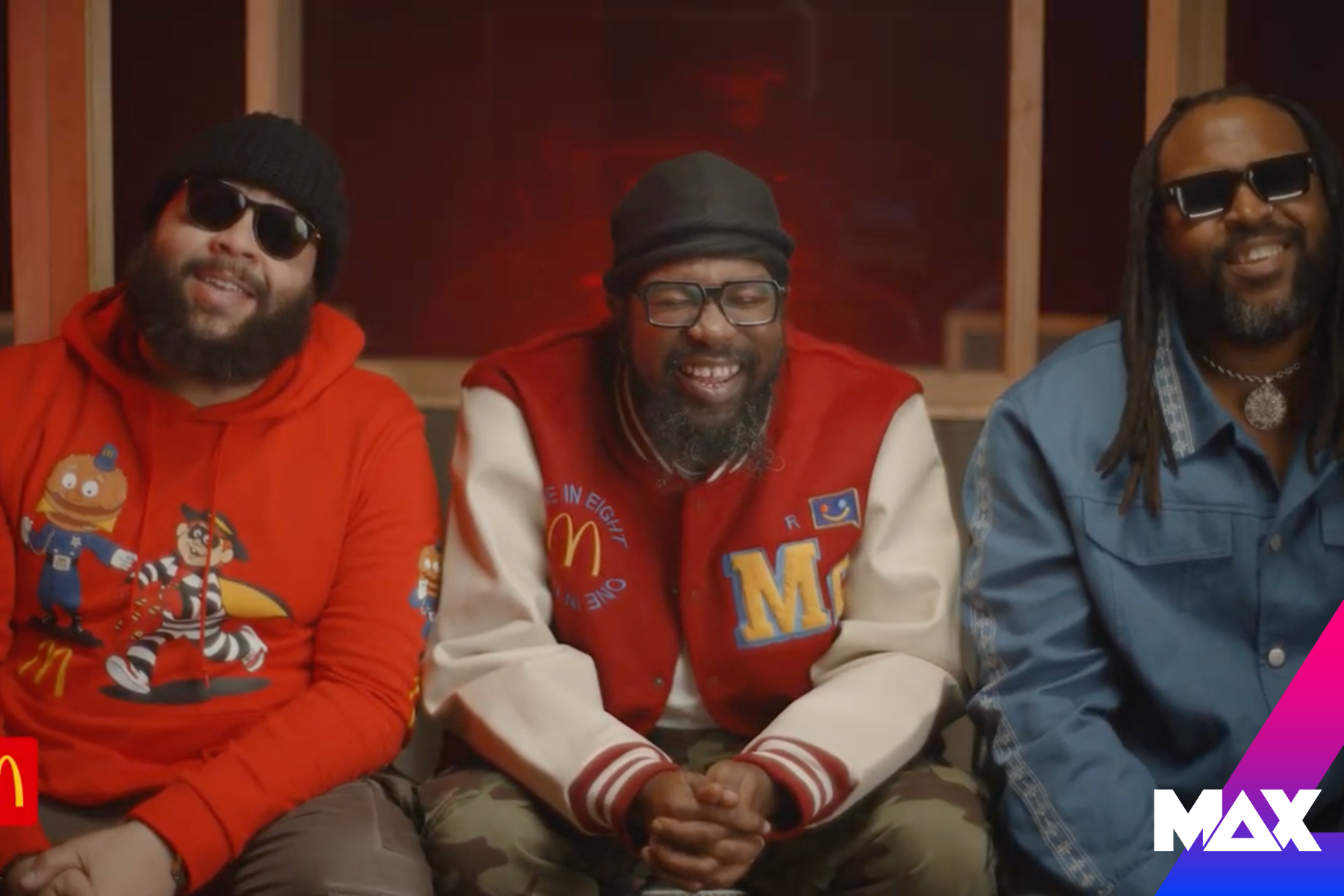
Hard to say... super easy to eat. The Ton3s got to try the McDonald's Crispy Chicken Biscuit with Hot Honey—and they're lovin' it!
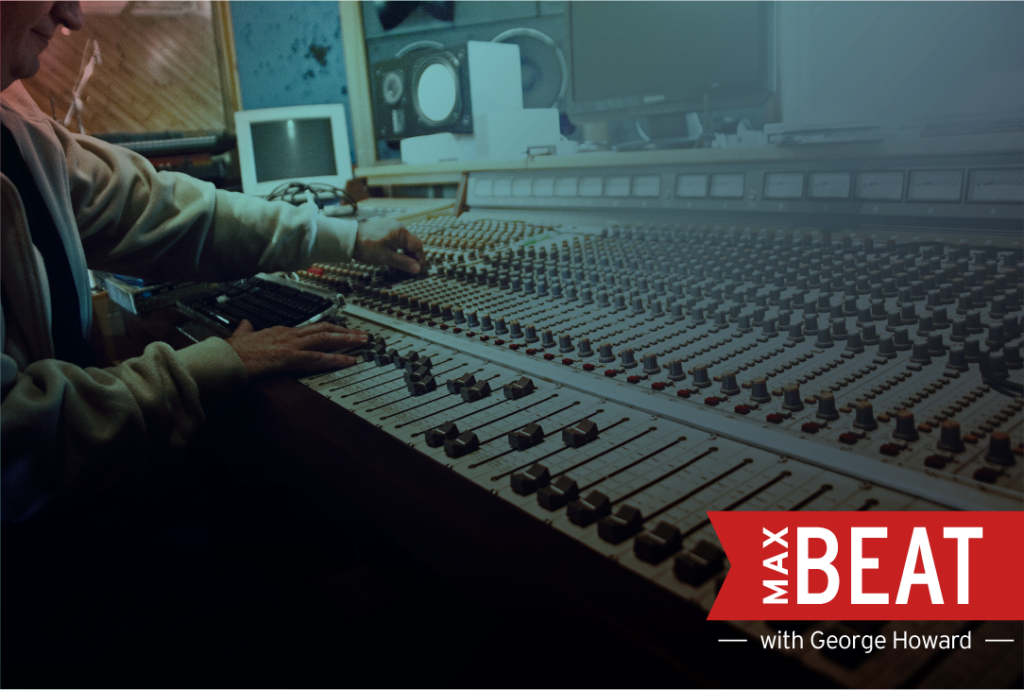
George Howard, Co-Founder and Head of Music at MAX, is an associate professor of music business and management at Berklee College of Music, a top...

A lot happened in 2021. There were TikTok dance crazes, captivating album releases, bingeworthy TV shows, and so, so many Marvel movies (so. many.).
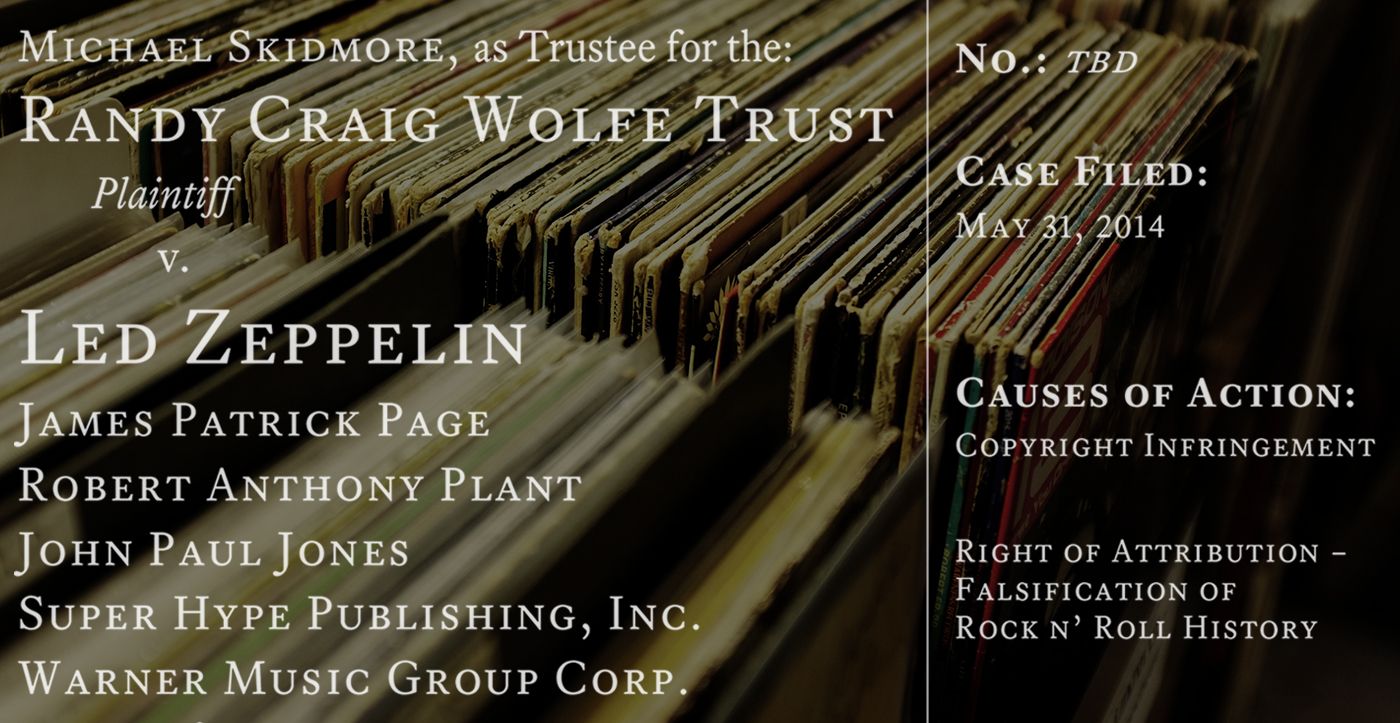
What You Need to Know to Protect Yourself This is the second article in an ongoing educational series on the MAX Blog. Read the first article, “PROs:...